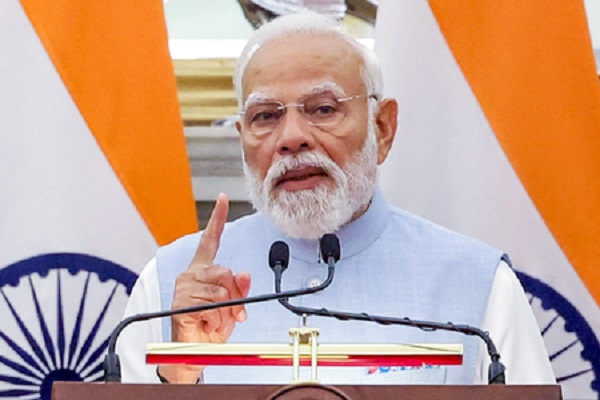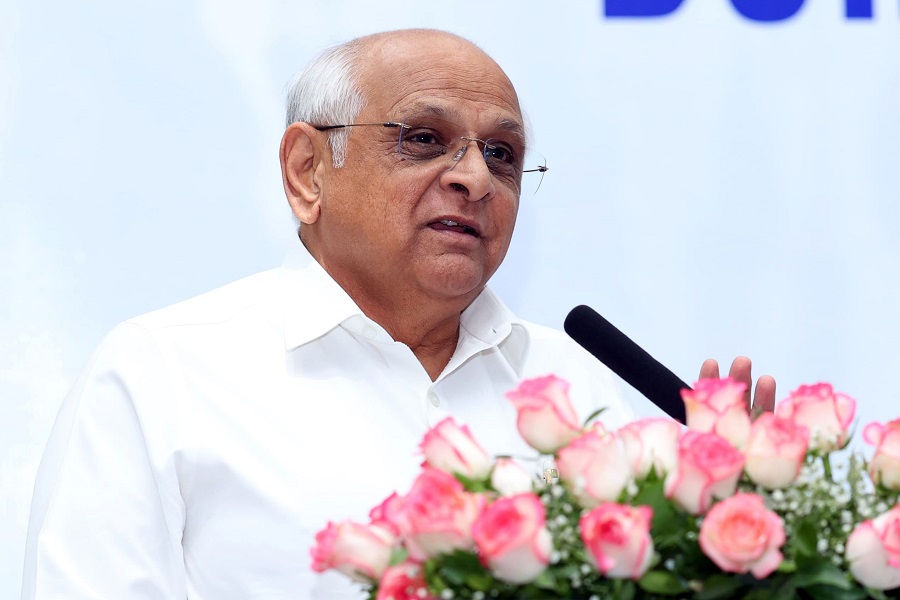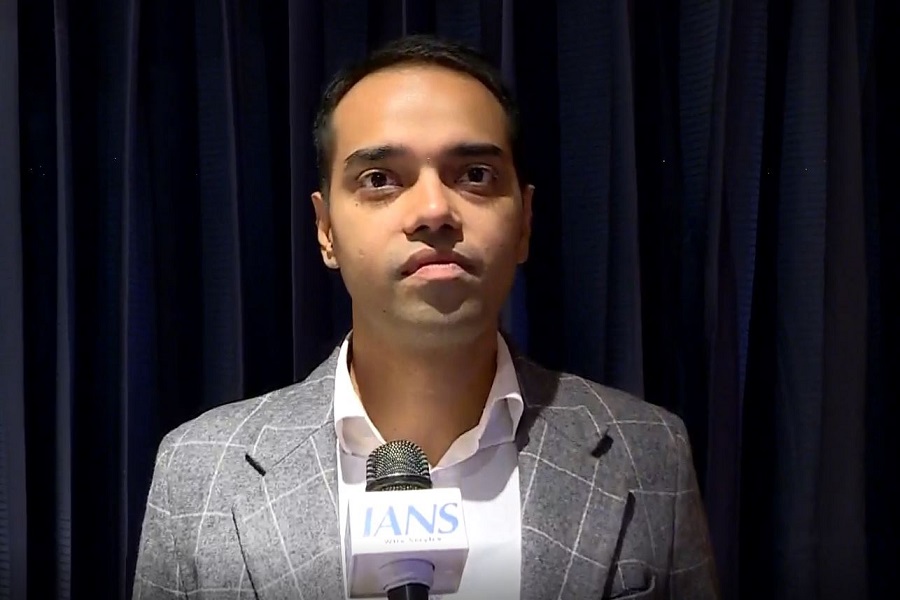Union Budget 2025: Tax Exemption on NSS Withdrawals and Extended Startup Incorporation Period

Union Budget 2025 speech, Finance Minister Nirmala Sitharaman announced several key measures aimed at enhancing financial security for individuals and fostering growth in India’s startup ecosystem. Notable among these were the tax exemption on withdrawals under the National Savings Scheme (NSS) and the extension of the startup incorporation period. These proposals are expected to make a significant impact on both individual savers and the vibrant startup sector in India.
1. Tax Exemption on Withdrawals Under National Savings Scheme (NSS)
One of the most impactful announcements for individual savers is the proposal to exempt withdrawals from the National Savings Scheme (NSS) accounts from tax. The NSS, which has long been favored by individuals seeking secure, government-backed investment options, will now become an even more attractive choice for long-term savings.
Currently, the NSS offers guaranteed returns, but the tax implications on withdrawals have been a concern for many investors. With the proposed tax exemption, the government aims to eliminate this burden, making the scheme more appealing and encouraging greater participation from the public.
This move is expected to particularly benefit the middle class, retirees, and individuals seeking long-term, low-risk investments without the worry of taxes on their returns. By making the NSS a more tax-efficient savings option, the government seeks to promote greater financial security for its citizens.
The tax exemption will likely increase investor confidence in government-backed savings schemes, helping mobilize capital for national development projects. As individuals gain more trust in the security and returns of such schemes, the government’s move is likely to strengthen the financial savings sector and contribute to broader economic stability.
2. Extension of Startup Incorporation Period to 5 Years
In a bid to further support India’s rapidly growing startup ecosystem, Finance Minister Sitharaman proposed an extension of the incorporation period for startups to five years in order to qualify for benefits under the Startup India Scheme. Previously, startups were required to avail themselves of these benefits within three years of incorporation.
This extension is expected to provide startups with critical breathing room, allowing them more time to establish their businesses before being subjected to the normal corporate tax regime. Many new businesses, especially in sectors like technology, healthcare, fintech, and e-commerce, face significant challenges in their early years, such as high operational costs, market unpredictability, and the complexities of scaling.
By offering extended tax benefits, the government is helping to create a more favorable environment for new businesses to grow without the immediate pressure of taxes. This measure is expected to encourage entrepreneurship, innovation, and the development of small and medium enterprises (SMEs), which are integral to India’s economic growth.
Startups in high-growth sectors will particularly benefit from this extension, as these industries often require more time to scale effectively. The proposal aligns with the government’s goal of fostering a thriving startup culture, enabling businesses to attract investment, secure talent, and establish themselves more effectively in the marketplace.
Conclusion
The Budget 2025 proposals to exempt tax on NSS withdrawals and extend the startup incorporation period reflect a strategic approach to strengthening both individual financial security and the entrepreneurial ecosystem in India. These measures will not only encourage increased participation in savings schemes but also provide the necessary support to help startups thrive and contribute to the nation's economic progress.
As India continues its journey toward becoming a global economic powerhouse, these initiatives are poised to play a significant role in promoting long-term growth, job creation, and financial inclusion. Both individuals and entrepreneurs stand to benefit from these forward-thinking measures, ensuring that India remains an attractive destination for both domestic and global investment.























